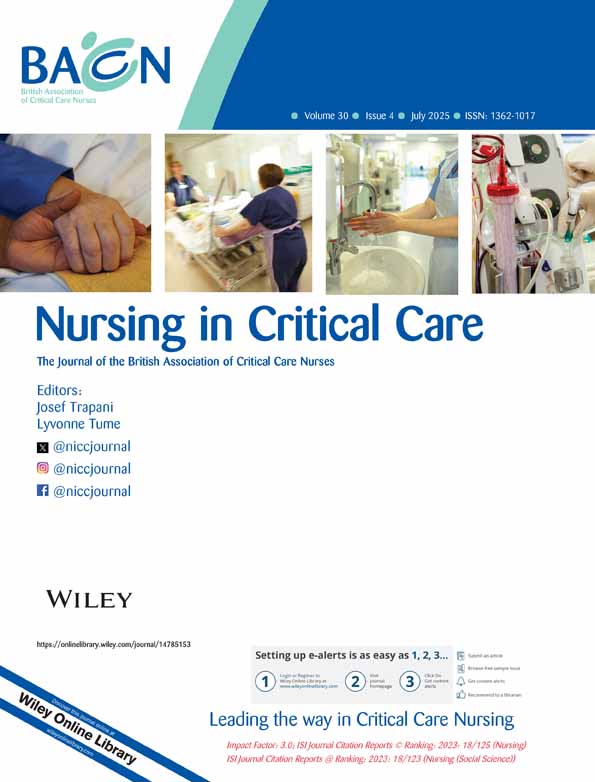Decision-Making Support for an Adult Patient With Severe Congenital Heart Disease: A Case Study
Funding: The authors received no specific funding for this work.
ABSTRACT
In critical care, owing to the severity of the illness, it is often difficult to confirm the patient's treatment preferences because of issues with their level of consciousness. Supporting patient decision-making should prioritize confirming patients' wishes. This case study examines an instance in which the focus shifts from family- to patient-centred decision-making. During a multidisciplinary conference in which the medical and nursing team considered delegating treatment decisions to the family, an intervention advocating the necessity of patient-centred decision-making prompted a reconsideration of the principles of decision-making support. In the present case, a patient with congenital heart disease was admitted to the intensive care unit after cardiopulmonary resuscitation. The process involved assessing the patient's recovery from impaired consciousness, engaging with the family as well as the medical and nursing team and supporting autonomous decision-making. By maintaining the existing relationships among the patient, family and medical and nursing team, and supporting the patient's independent decision-making, the patient's wishes and sentiments towards the family were reflected, resulting in a desirable outcome. Without this intervention, the treatment plan may not have reflected patients' wishes. Timely and swift coordination among patients, families and the medical and nursing team is crucial. Accurately assessing a patient's decision-making ability and enhancing the remaining quality of life of the patient and family raises the challenge of educating the medical and nursing team to generalize such interventions.
This case illustrates the importance of accurately assessing a patient's level of consciousness and promoting autonomous decision-making in intensive care settings, even when communication is impaired. By advocating for the incorporation of the patient's preferences into treatment planning, nurses can contribute to the realization of truly patient-centred care. This approach is particularly relevant for adult patients with complex chronic conditions from childhood, as it enables care that is tailored to the individual's values, experiences and developmental background.
Conflicts of Interest
The authors declare no conflicts of interest.
Open Research
Data Availability Statement
Data sharing not applicable to this article as no datasets were generated or analysed during the current study.




